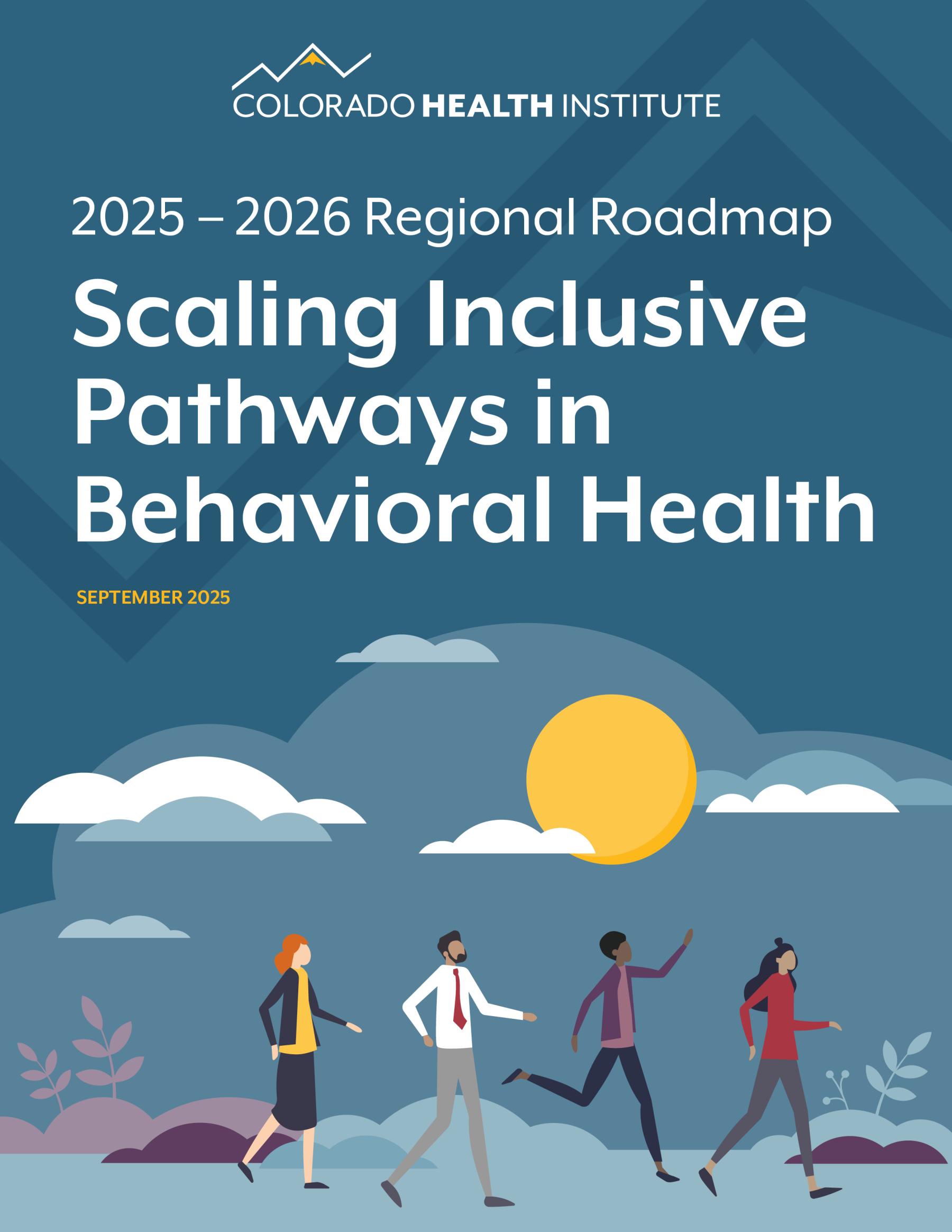With nearly one in four Coloradans reporting poor mental health, the demand for skilled, diverse behavioral health professionals has never been greater.
However, current providers are plagued by burnout, and potential new providers face increased barriers to entering the field. Mental health practitioners are leaving the field faster than they are being trained.
Costly certification or education requirements and limited employer engagement to recruit new hires are serious barriers for young adults entering the field — especially those from underrepresented communities. For example, completing a master’s degree in social work is a huge accomplishment, but is only a first step to become a licensed therapist, where more fiscal barriers lay ahead.
That’s why the Colorado Health Institute and Jobs for the Future, in partnership with Kaiser Permanente Colorado, created the Scaling Inclusive Pathways in Behavioral Health Roadmap, which offers a clear, actionable framework to break down these barriers. The roadmap offers guidance on developing career pathways tailored to young adults, strengthening regional career navigation, and partnering with employers to expand opportunities and retention. By engaging educators, employers, policymakers, and community leaders around three focused goals, this plan aims to build a sustainable, inclusive behavioral health workforce that truly reflects and serves Colorado’s communities.
The roadmap outlines objectives and action steps toward three key goals:
- Goal 1: Increase the number of young adults entering and succeeding in high-quality behavioral health and education career pathways.
- Goal 2: Increase the number of employers adopting robust practices in the retention and advancement of young adults.
- Goal 3: Increase engagement with regional organizations to develop capacity and sustain pathways.
This roadmap is meant to provide guidance to building pathways for an inclusive behavioral health workforce. With continued efforts through the actionable framework, Colorado can do more to meet the mental health challenges it faces.


